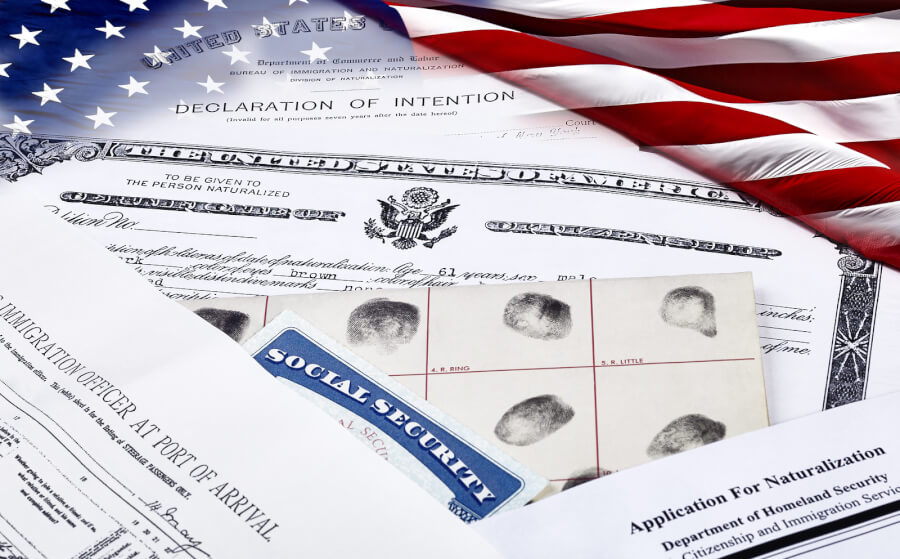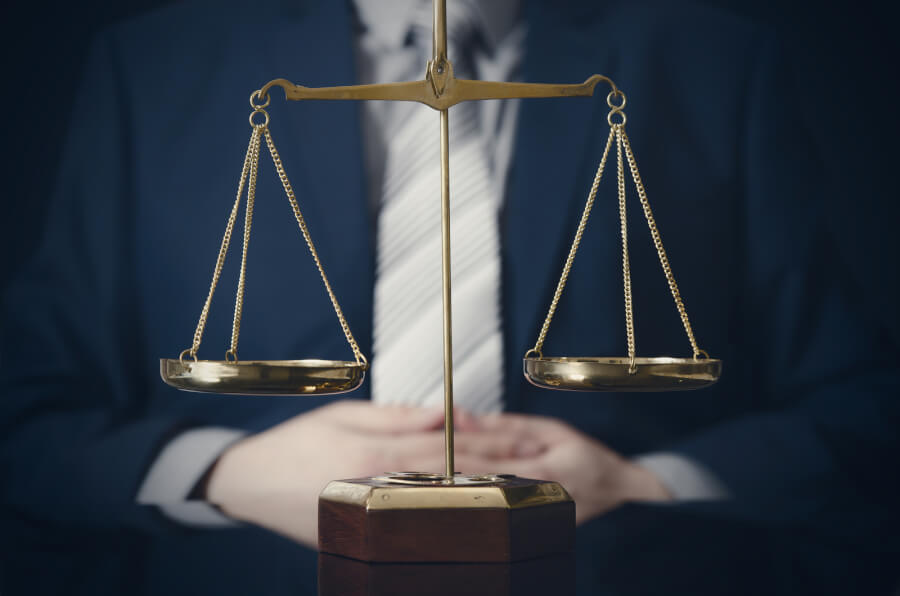Becoming a US citizen is an arduous, time-consuming process. Even getting a visa or becoming a permanent resident with a “green card” can take time, and there’s a lot of administrative work involved. The last thing you need on the way to becoming a law-abiding US citizen is to break the law. But if you’ve done just that with a DUI, it could impact your immigration status. A strong criminal defense attorney can defend you in court against a DUI.
Gaining US Entry

The US Citizenship & Immigration Services (USCIS) is a division of Homeland Security, and now manages entry into the United States. Their services include citizenship and permanent residency, including naturalization, bringing foreign family members of US citizens into the US, assisting with foreign adoptions and relocating foreign persons into the US after wars and disasters. They also assist people wishing to work in the US with HB-1 visas.
USCIS examines not only your application but your character. A single DUI conviction will not necessarily bar you from citizenship or a green card. But if a DUI is not your first, or it’s combined with another crime or crimes, (such as drug possession) you may very well lose your visa, green card status, or have your citizenship application disqualified. You will likely also be deported.
Medical Conditions
One of the many determining factors for US admission is a person’s health and medical conditions. As a medical condition, alcoholism can be grounds for denying US admission and would be a separate ground for disqualification.
Full Disclosure
You should always disclose a DUI when asked, particularly on your N-400 application. If you don’t, it will show up during a criminal background check anyway. Lying on your citizenship application will increase the chances it will be declined.
Immigration officials take DUI very seriously because it is a serious crime. You will be asked about the DUI and any mitigating factors, such as harm to anyone else in the car or if children were in the car with you. North Carolina also has some of the strictest DUI laws in the US.
Some things that will prevent you from getting a visa, green card or citizenship status include:
- Crimes of ”moral turpitude,” that is, crimes that display a lack of “good moral character”
- Violations of controlled substances (drug) laws, either of the US or another country
- Numerous criminal convictions that brought prison sentences of five years or more, whether singly or together
- Participating in or benefitting in any way from:
- Illegal drug trafficking, inside or outside the US
- Human trafficking, inside or outside the US
- Money laundering
- Prostitution
Any one of these crimes, combined with a DUI or two will affect your application. You can review the list of disqualifications for permanent residency and citizenship at the USCIS website. Your immigration attorney can help you sort through your application, review any potential issues and help you resolve them. You’ll need a criminal defense attorney to help you with a DUI.
Form I-192
If you are barred from entering the US for one of the above inadmissibility criteria, you can file an I-192 Waiver for “Forgiveness of Inadmissibility.” While it is not a guarantee, should you find yourself deemed “inadmissible” as a result of a DUI, you can ask for forgiveness to enter the US. However, this form is for non-immigrants only, and not for individuals who intend to stay in the US and live here.
Legal Defense For DUI
If you’ve been arrested for DUI, and don’t know where to turn, call us for help. Dewey P. Brinkley is a former Wake County Assistant District Attorney and has worked with many individuals to reduce their penalties or acquit them. Call him at 919-832-0307 to schedule your free consultation. He will aggressively defend you in court. (Note: Dewey P. Brinkley is a criminal defense attorney, and does not practice immigration law.)

